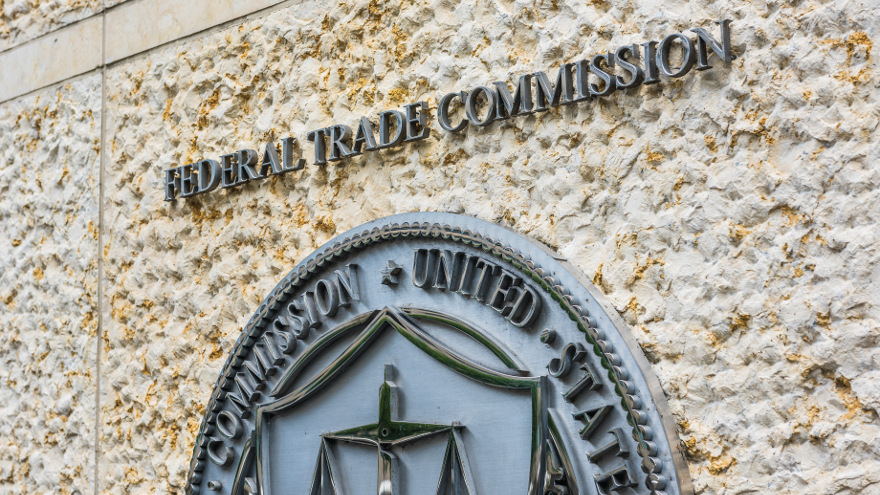FTC sues VoIP provider that allegedly facilitates robocalls impersonating Social Security Administration

By subscribing, you agree to receive communications from Auto Remarketing and our partners in accordance with our Privacy Policy. We may share your information with select partners and sponsors who may contact you about their products and services. You may unsubscribe at any time.
Federal officials are responding to an operation that allegedly is sending robocalls saying they originate from the Social Security Administration.
Last week, the Federal Trade Commission sued to stop a voice over internet protocol (VoIP) provider XCast Labs that the regulator said is continuing to funnel hundreds of millions of illegal robocalls through its network, even after receiving multiple warnings.
The Department of Justice filed the complaint in the Central District of California on the FTC’s behalf.
“XCast Labs played a key role in helping telemarketers flood homes with unlawful robocalls, including robocalls impersonating the Social Security Administration,” said Samuel Levine, Director of the FTC’s Bureau of Consumer Protection. “VoIP providers like XCast Labs that bury their heads in the sand when their customers use their services to break the law can expect to hear from the FTC.”
XCast Labs, headquartered in Los Angeles, is a nationwide provider of VoIP technology, providing services that allow its customers to send and receive phone calls, including robocalls (calls that play a prerecorded message), over the internet.
The FTC said telemarketers who blast illegal robocalls typically use VoIP service providers like XCast Labs to transmit their calls.
Subscribe to Auto Remarketing to stay informed and stay ahead.
By subscribing, you agree to receive communications from Auto Remarketing and our partners in accordance with our Privacy Policy. We may share your information with select partners and sponsors who may contact you about their products and services. You may unsubscribe at any time.
According to the complaint, in January 2020, the FTC sent letters to a number of VoIP providers, including XCast Labs, warning them that assisting and facilitating illegal telemarketing or robocalling was against the law.
The complaint also alleges that XCast Labs received dozens of “traceback” inquiries from US Telecom’s Industry Traceback Group regarding suspected illegal calls that originated on XCast Labs’ network, as well as inquiries from law enforcement agencies about transmission of suspected illegal traffic on the XCast Labs network.
Even after receiving these direct warnings, the FTC alleged that XCast Labs transmitted illegal robocalls to consumers.
In addition, the FTC discovered that many of these suspect robocalls were part of organized campaigns designed to generate telemarketing leads by, for example, impersonating federal officials from the Social Security Administration.
Officials said lead generators sell the information they gather to telemarketers, who then use consumers’ information to pester them with even more unwanted, illegal calls.
The FTC vote authorizing the staff to refer the complaint to the Department of Justice for filing was 4-0 and was taken before commissioner Christine Wilson left the FTC.
The DOJ filed the complaint in the U.S. District Court for the Central District of California.
Thomas Biesty and Frances Kern of the Bureau of Consumer Protection were the primary FTC staff on this matter.


